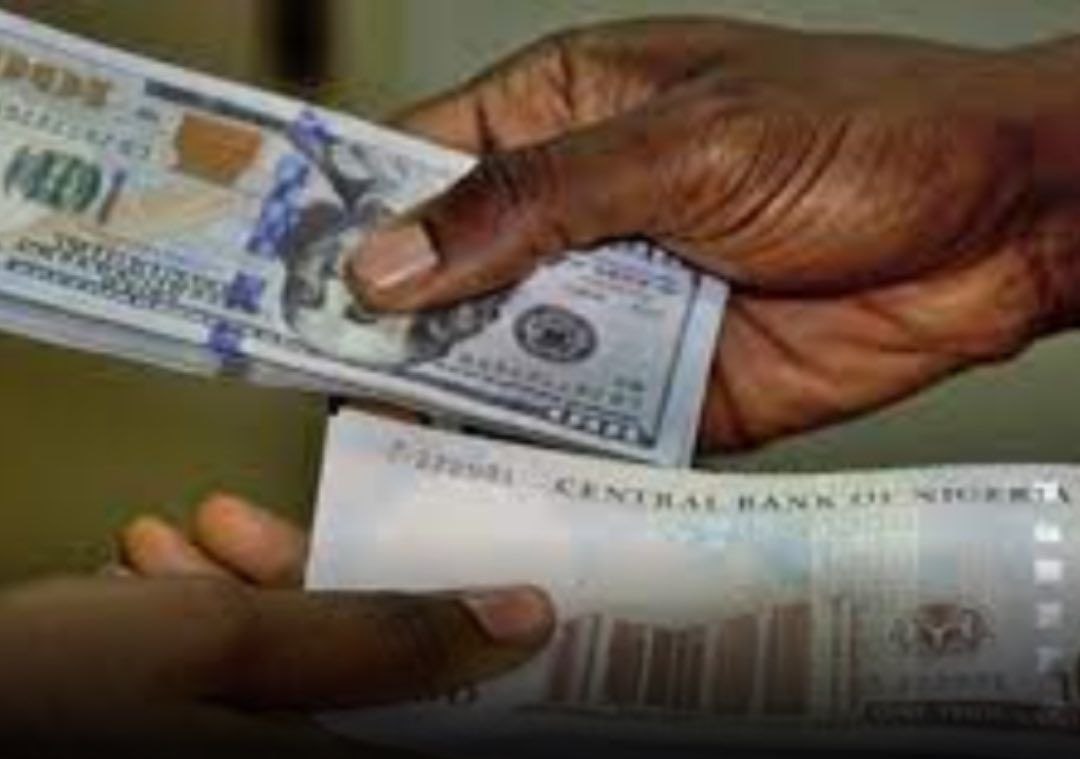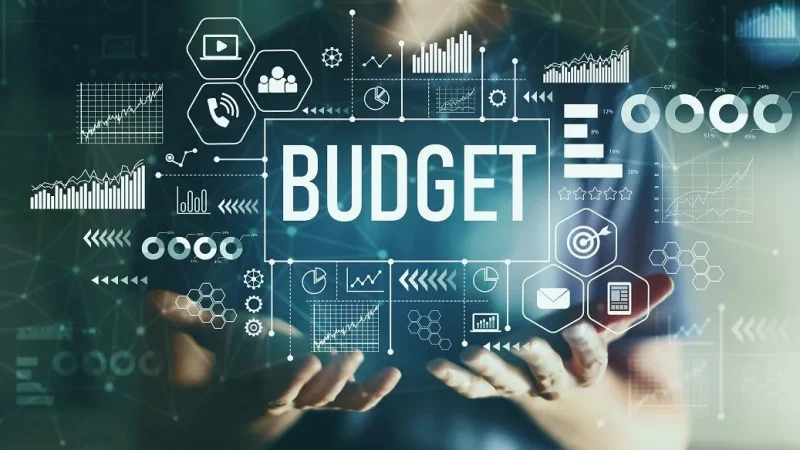The naira closed the week ending Friday, July 12, 2025, with a mixed performance across foreign exchange markets, recording a slight depreciation at the official window but strengthening in the parallel (black) market.
Data published by the Central Bank of Nigeria (CBN) showed that the official exchange rate stood at N1,532/$1 at the close of trading on Friday, a marginal decline from N1,531/$1 recorded on Thursday.
Earlier in the week, the currency had opened at ₦1,529.5/$1 on Monday, weakened to N1,530/$1 on Tuesday, and briefly appreciated to ₦1,520/$1 by Wednesday.
The week-on-week performance of the naira at the official window reflected a mild depreciation, dropping from ₦1,528.5/$1 the previous Friday to ₦1,532/$1 this week.
In contrast, the naira strengthened on the parallel market. Market surveillance in Lagos revealed that the currency appreciated to N1,550/$1 on Friday, gaining from N1,555/$1 on Thursday.
Between Monday and Wednesday, the naira held steady at N1,560/$1, showing a gradual rebound from last week’s closing rate of N1,580/$1.
Supporting the naira’s performance was an increase in Nigeria’s external reserves. According to the CBN, foreign reserves rose to $37.3 billion on Wednesday, up from $37.28 billion on Tuesday and $37.127 billion on Monday. Analysts believe this uptick has contributed to improved confidence in the domestic currency.
Dr. Nasir Aminu, a Senior Lecturer in Economics and Finance at Cardiff Metropolitan University, said on Friday that the naira’s recent relative stability could be linked to global currency shifts, particularly a decline in the value of the U.S. dollar.
“The naira hasn’t been volatile in the last few months. And there is a reason behind that, which is that America’s dollar has been shrinking. It shrunk this year by about 15%, which tells you what you should know about Nigeria’s currency also,” Dr. Aminu explained.
Another key factor behind the naira’s recovery in the parallel market is a significant decline in demand for U.S. dollars, as more Nigerian businesses adopt local inputs in their operations, reducing reliance on imports.
Banking sources cited by Nairametrics reported a notable surge in dollar availability within the banking system. “There is hardly any bank branch that you go to that you will not see dollars to collect if you wanted to buy,” a senior bank official disclosed.
Meanwhile, Bureau De Change (BDC) operators are also adjusting to sweeping reforms introduced by the CBN to clean up the foreign exchange sector. Under the new regulatory framework announced in May 2024, the apex bank raised the minimum share capital for BDCs to ₦2 billion for Tier 1 licenses and ₦500 million for Tier 2 licenses—up from the previous ₦35 million requirement.
In response, the Association of Bureau De Change Operators of Nigeria (ABCON) has hinted at possible mergers, acquisitions, and restructuring by its members to meet the new capital thresholds and remain competitive in a rapidly changing forex environment.
Despite fluctuations in both the official and parallel markets, analysts say the trend of increasing dollar supply, rising reserves, and structural reforms by the CBN may help further stabilize the naira in the near term.
However, they caution that sustained improvement will depend on macroeconomic fundamentals, investor confidence, and ongoing efforts to diversify Nigeria’s economy away from heavy import dependence





